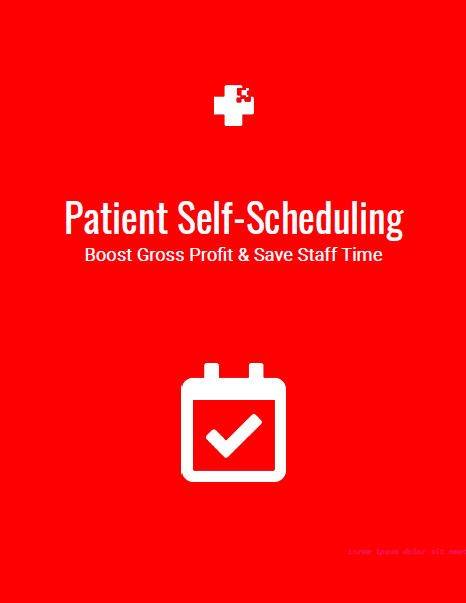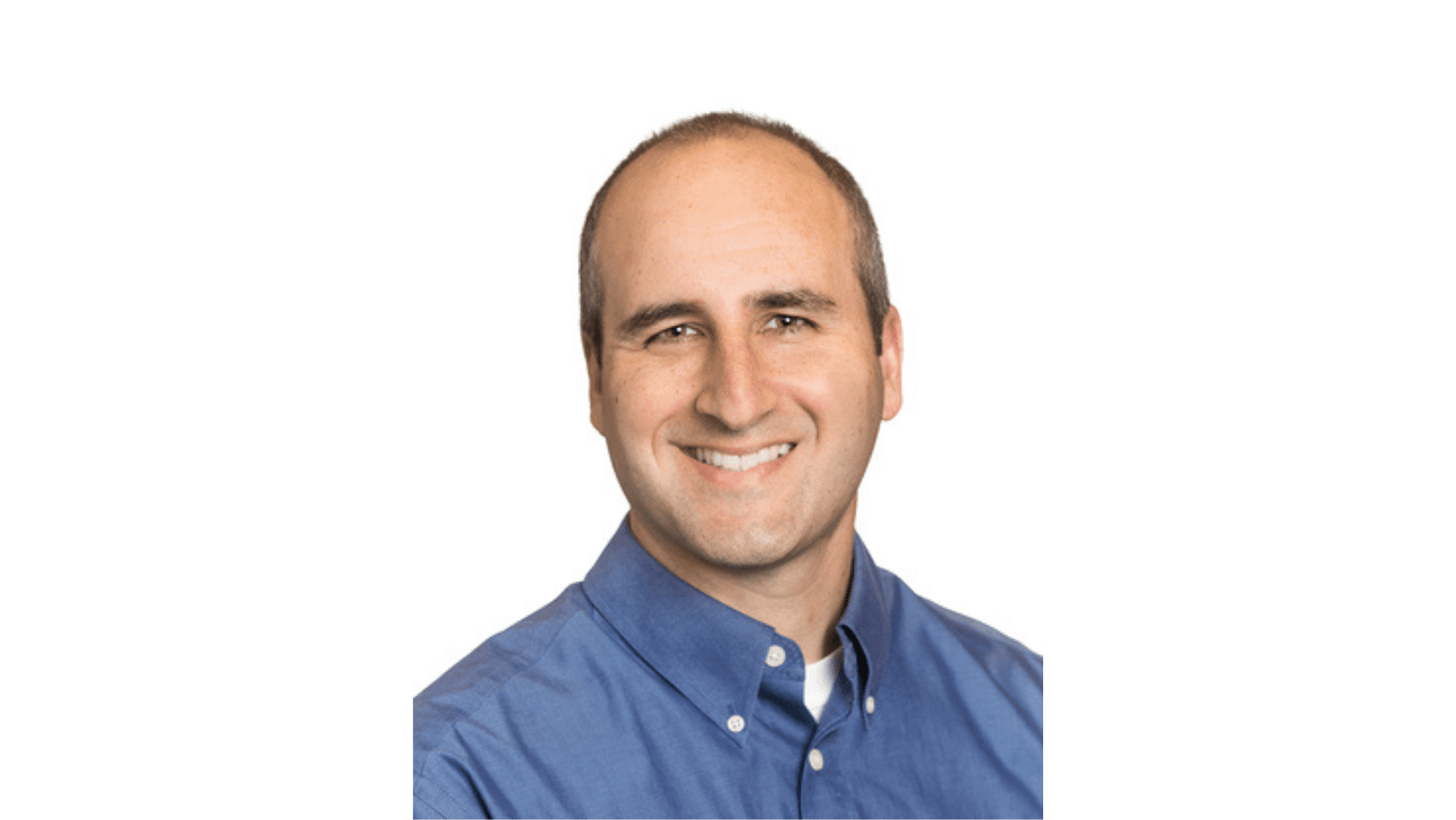Self-scheduling is quickly moving from a convenience to a necessity. Patients are used to booking hotel rooms, flights, and spa appointments online. They are expecting the same self-service from their healthcare providers.
It takes 24 days, on average, to get a first-time appointment with a physician. It takes 8.1 minutes to schedule on the phone with calls transferred 63% of the time (Accenture, Insight driven health: why first impressions matter, 2018). So, it is no surprise that three out of four patients view self-scheduling as important.

Several studies have been done by academic health systems on self-scheduling. They have similar findings. Self-scheduling is easier for patients. It even reduces no-shows and cancellations.
Mayo Clinic research by North et al studied 1,099 patients who self-scheduled appointments over one year. Self-scheduled appointments had fewer no-shows, cancellations, and reschedulings than those scheduled by staff.
Additionally, 29.5% of the self-scheduled appointments occured after hours. Staff would not have been able to schedule them. Many of these appointments would never have been made.
Partners HealthCare studied self-scheduling across 17 primary care sites. Self-scheduling was found to be more convenient than usual scheduling.
Studies have shown that self-scheduling also saves your staff time.
Every appointment that a patient is able to self-schedule eliminates one scheduling call. There is less of a chance for miscommunication about a date or time. Your staff will face less distracting interruptions.
Self-scheduling tools help patients remember their appointments. These tools can send automatic reminders or add an appointment directly to a patient’s personal calendar.
An analysis of 36 MEDLINE articles by Peng Zhao et al found that web-based self-scheduling “…reduced no-show rate, decreased staff labor, decreased waiting time, and improved satisfaction”.
Self-scheduling is not only a patient convenience. It streamlines office operations. It boosts revenue by making it easier for new patients and clients to see you.
Self-scheduling is not required for every healthcare provider. But — for certain specialties, tenures, and locales — it is a necessity.
Download your Guide for Patient Self-Scheduling
"*" indicates required fields

